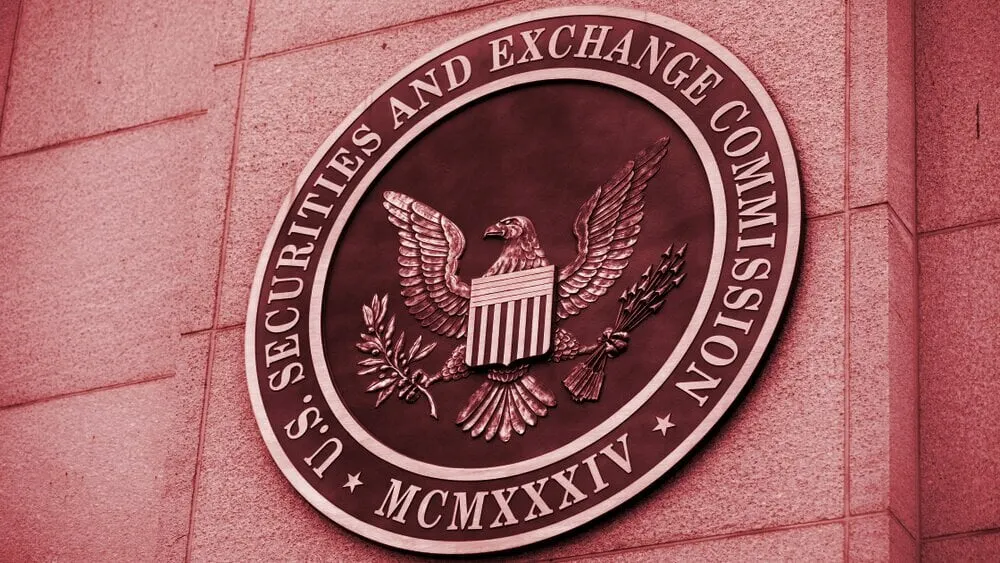The SEC has rejected another application for a spot market Bitcoin ETF—this time from asset manager Fidelity.
The U.S. regulator said in a Thursday note that the application for Fidelity’s Cboe BZX Exchange did not give sufficient evidence on how it would prevent fraud. The SEC has given the exact same reason for previous rejections.
"The Commission concludes that BZX has not met its burden under the Exchange Act and the Commission’s Rules of Practice to demonstrate that its proposal is consistent with the requirements of Exchange Act Section 6(b)(5), and in particular, the requirement that the rules of a national securities exchange be 'designed to prevent fraudulent and manipulative acts and practices' and 'to protect investors and the public interest'," the SEC said.
An exchange-traded fund, or ETF, is a publicly-traded investment vehicle that tracks the value of an underlying asset. A Bitcoin ETF doesn't exist in the U.S. yet because the SEC has been reluctant to approve one. The regulatory body says it is concerned over potential price manipulation in the cryptocurrency market.
The SEC last week rejected an application for a Bitcoin ETF from First Trust Advisors and SkyBridge. The SEC has so far rejected six applications since November, and there are nine more awaiting a decision, according to data from Bloomberg.
Futures Bitcoin ETFs do exist in the U.S. The shares in such ETFs do not represent Bitcoin as an underlying asset, but rather contracts that bet on the future price of Bitcoin. These contracts are known as derivative products and are regulated by the CFTC.
Boston-based investment company Fidelity manages over $4 trillion in assets and has already launched a Bitcoin ETF in Canada. The firm applied to the SEC for its Bitcoin ETF last March.

